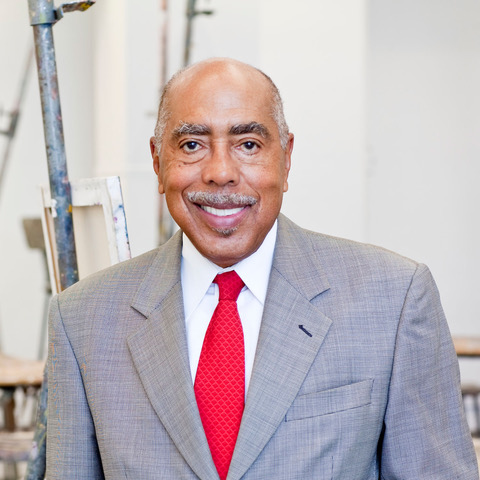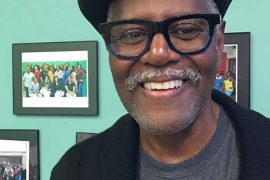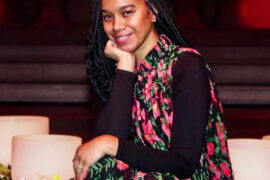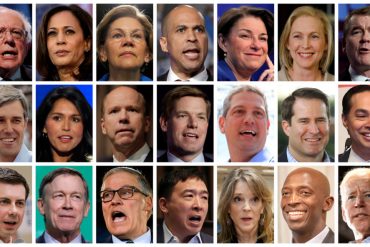Simply put, Dr. Walter Massey is a real renaissance man. He has had a four-pronged distinguished career as a world-class educator, a scientist, a business executive and philanthropist. He is a true academician who has taught in the classroom and established educational policy as a board member and college president.
Currently, Massey is Trustee Emeritus of the Marine Biological Laboratory, Trustee Emeritus of the University of Chicago, Chairman of the Board at City Colleges of Chicago, and former President of Morehouse College (1995-2007), and The School of the Art Institute of Chicago.
He has taught at the top universities in the nation, including the University of Chicago, University of California, Brown University, and the University of Illinois. He has served on such corporate boards as McDonald’s, Bank of America, Delta, BP Oil and Motorola.
He has also served on the boards of the Melon Foundation, The Commonwealth Fund, The MacArthur Foundation, The Gates Foundation, The Rand Corporation, The National Center for Civil and Human Rights, The Smithsonian Institution, and the Museum of Science and Industry. He has received 41 honorary degrees.
Massey has written a book, In The Eye of The Storm, about the financial crisis of 2008, when he was on the board of Bank of America. He was key in saving America’s economy.
N’DIGO spoke to Dr. Massey about his amazing life and his book.
N’DIGO: You have had an amazing life full of accomplishments. Let’s start with education. You have been a world-class educator. You have been the President of Morehouse College and the School of the Art Institute of Chicago, with teaching posts at many universities, and you have made policy for many institutions as chairman of the board. What is the Massey thread with these institutions?
Dr. Walter Massey: I am an academician and I love working with young people. I love the learning environment. I enjoy faculty and student forward thinking. The commonality is learning and teaching and the transmittal of knowledge. I like to probe new things, new ideas, as we look forward and into the future.
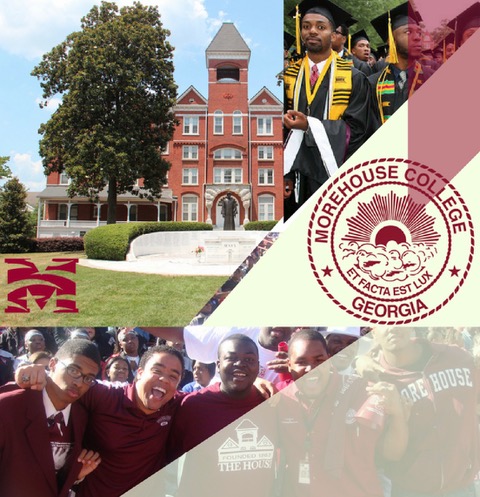
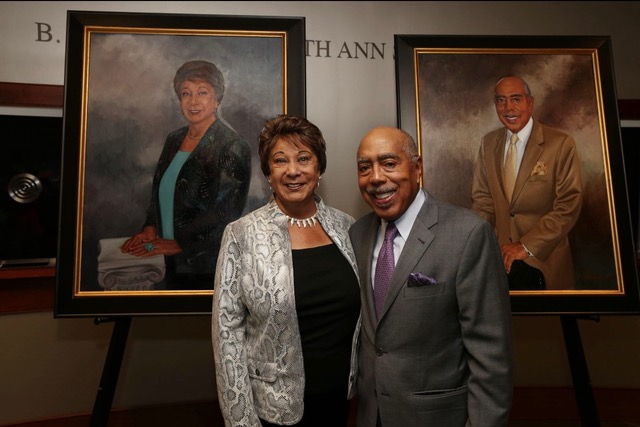
Which of the institutions is your favorite?
Morehouse. I got my start at Morehouse with a Ford Foundation grant in a national program when I was in the 10th grade. There were 15 students in the second group. Maynard Jackson (former Mayor of Atlanta) was in the first group of students. Becoming President of Morehouse was my way of giving back. I graduated 5,000 Black men in a 12-year period.
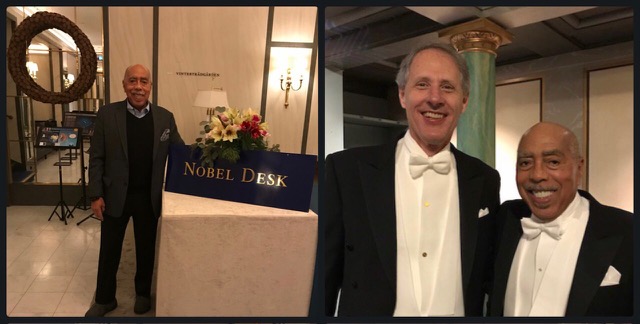
You graduated from Morehouse College with a B.S. in Math and Physics and then a doctorate in Physics from Washington University. How did you become interested in science?
I was interested in math. I took a physics course and I liked both. Math is the language of physics, solving problems, and understanding. I was led to physics by math to understand the physical phenomena of the happenings in the world. I became a theoretical physicist, which is math-based.
There are two things that I am most proud of with my own research as a scientist. The first is I researched how sound waves travel in superfluid helium, along with a colleague at Brown University, to explain this phenomenon that disproves a theory by a Nobel Prize winner.
The other is when I was director of the national funding of LIGO – the Laser Interferometer Gravitational-Wave observatory – or, LIGO. It is an instrument that detects gradational waves that prove Einstein’s theory of relativity is absolutely correct. It took 25 years to build in Washington and Louisiana. I attended the Nobel Prize dinner to acknowledge the accomplishment.
Watch Dr. Massey talk about the support of Laser Interferometer Gravitional-Wave Observatory here: https://www.youtube.com/watch?v=gLR9A6t4Lm8_
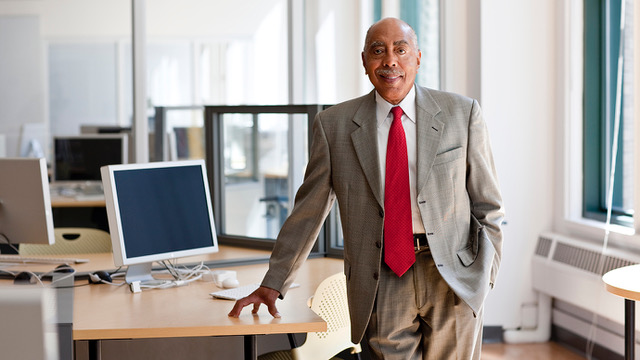
In all of your endeavors, you have graduated to the top; what is the secret to that success?
As I reflect, for me it is hard work. You have to put in the time and effort. You have to be consistent and persevere. You have to develop a sense of curiosity, and take risks, and develop a strong network of mentors, supportive friends and family – my wife has been one of the most important people in my life, not just personally, but professionally. And sometimes, you just have to have a bit of luck.
What changes have you seen in students in the past years?
As I reflect on students in the last decade, the biggest change has been digital technology and the use of digital tools. There are digital immigrants, people who have to learn these tools, and digital natives. Students 15 to 16 years old are born in this environment and using digital is a natural part of their learning, it is part of their network.
The positive side is it allows students to access information in so many ways. The downside is much of the information is biased and incorrect and if you are not mature enough, it is easy to be misinformed. But students have become more curious and are more willing to take risks and to be exploratory. So I don’t think we are going backward; I think students are sometimes ahead of some who might be teaching.
You have had a life as a business executive, serving on corporate boards like McDonald’s, Bank of America, Delta, BP Oil, and Motorola. What have your accomplishments been as a board member?
It varies depending on the particular company. In general, I hope that me being in the institution was to set an example of what’s possible, to show the Black and white community that Black people perform well, particularly on boards.
For example, at McDonald’s, I was responsible for a new committee, “Corporate Responsibility Committee.” This is where the company looked at food safety, environment controls, and diversity and inclusion. For Bank of America, I became chair during the middle of the financial crisis in 2008. As chair, I had to stabilize the bank and the national financial system.
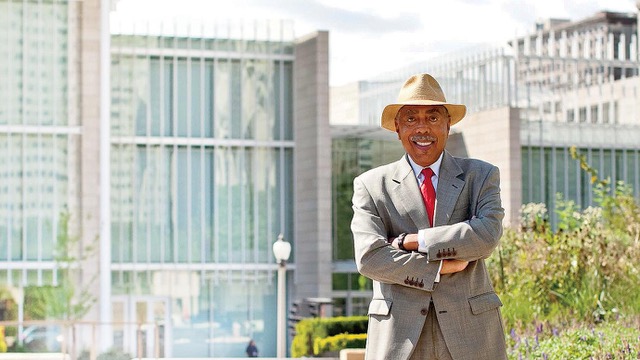
You have been involved with philanthropic organizations and foundations. As you serve on these boards, what has your agenda been, and what has been your most significant accomplishments?
These are not-for-profit boards and others are in the business of granting money and others are institutions with programs. On the foundations, I tried to do a good job; you have to do your homework and make a contribution with good recommendations. With the foundations, I have supported science education, diversity, and education for minorities.
With Melon, I worked for scholarships for minority students. Institutions like the Museum of Science and Industry, it was about science with teaching programs and science education. For the National Museum of African American History, it was about planning and development.
I worked with the National Center for Civil Rights in planning and building the museum under the direction of the Mayor of Atlanta, Ms. Shirley Franklin. We acquired Dr. Martin Luther King, Jr.’s papers. We raised the money for the purchase. We made the case that the papers really belonged at Morehouse. It created lots of interest locally and nationally. We obtained the papers for $35 million.
As a renaissance man, how do you see the sectors of the world changing?
Technology has changed science, the role of computing, and the fast connections that lead us to the development of artificial intelligence, which is very pervasive and is having a profound effect on society. Technology also helps our understanding of how the human body works to make us understand ourselves. Look at how fast they developed the vaccines, the power of imaging, and computerization allowing for integration.
Socially in America, we are understanding better the terms of racial inequities and disparities as we examine racial issues, and worldwide ethnic conflicts. Three years ago, we were worried about invasion, which is a political conflict.
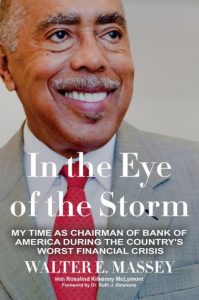 Your book, In the Eye of the Storm, is an important read. It is a detail of accomplishment and achievement. What do you want the reader to take away from it?
Your book, In the Eye of the Storm, is an important read. It is a detail of accomplishment and achievement. What do you want the reader to take away from it?
The book came about from working on my memoirs. If you live long enough, you have so much to talk about. Writing this book was a way to focus on one aspect of my career. The Bank of America experience contains a lot to fall back on, to talk about other experiences, and to talk about what I learned, to help navigate through the financial crisis of America.
The reader should know how one person navigated in a challenging situation and learn from what I have done in my life; that might be helpful as you navigate situations in your own life. At least, see what I did in a difficult situation and how to prepare early in life for the situation.
You have received over 41 honorary degrees – from Yale, Northwestern, Amherst, Ohio State and the National Science Foundations, the Vannevar Bush Award among them. Which award is the most significant to you and why?
The Vannevar Bush Award is given for lifetime contributions to science and scientific contributions. It is the most prestigious award given nationally in science to recognize lifetime accomplishments.
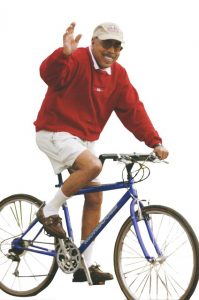 What do you do in your leisure time?
What do you do in your leisure time?
It has changed. Up until about three years ago I was an avid tennis player. I ride my bike, go swimming and I read. My wife and I love music, we love your uncle, Johnny Hartman. And we like to dance. We are jazz lovers and we like the symphony. We like museums. We like cities. We like Chicago. My wife is a native Chicagoan.
What three things would you name that impacted your career success the most?
Attending Morehouse and getting a solid liberal arts education was quite significant. I have had important mentors. Teaching at Morehouse; my graduate thesis; my wife and my family.
What is the secret to marriage success?
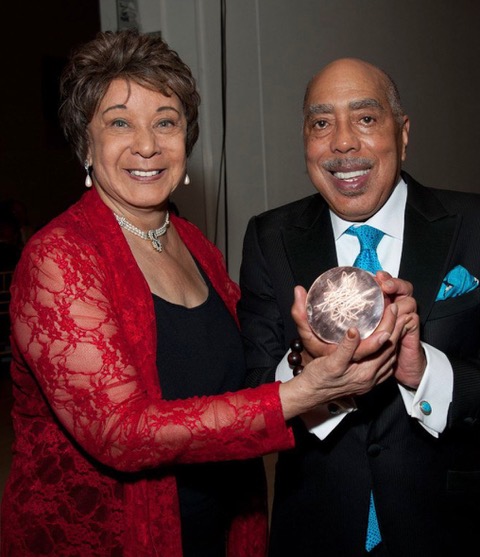
I have been married since 1969. We met on April 4, 1968, the day of Dr. King’s assassination, on a blind date in Hyde Park. We have had a bit of luck and we are quite compatible. We have been fortunate enough to like the same things. We never knew we would like the same things as much as we do.


